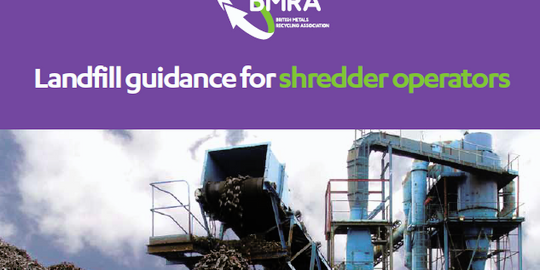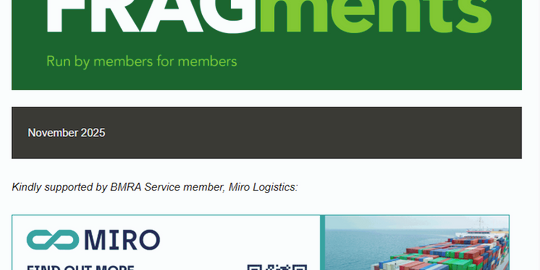Green GB Week is a great opportunity to look at the impact metals recycling has on climate change
Recycling is proven to combat climate change, and metal has the potential to keep being recycled with no loss of quality time and time again. 60% of copper produced since 1900 and 75% of aluminium ever produced is still in use today, highlighting metals contribution to a circular economy.
Yes, energy is still required to process the metal but the savings of producing a secondary raw material as compared to primary material are staggering. If we look at steel as an example, every tonne of recycled steel saves:
- 1.5 tonnes of iron ore
- 0.5 tonnes of coal
- 70% of the energy
- 40% of the water
- 75% of CO2 emissions
- 0.97 tonnes of CO2
It is easy for us to give ourselves a pat on the back, but at the BMRA, we know that more still can be done to achieve a true circular economy and contribute to the challenge of reducing climate change. This would also help the metals recycling industry to process more metal and encourage the use of more scrap metal domestically.
We believe that the government should reward sustainable businesses, eco-design and products with recycled content. Examples include, businesses that build new premises with reclaimed and recycled material. Companies that design products with a focus on how that products life will end, be it reuse, repurpose or how easily it can be broken down to be recycled. Even better, that product is made using recycled material.
Economics will always be a major factor in any move to change how a business operates to reduce emissions. Primary material, at times, will always be the cheaper option, and sadly its impact not immediately recognised. This was highlighted by the Government Chief Scientific Adviser in the 2016 report ‘From Waste to Resource Productivity’.
“Because externalities are not priced into primary resources, their prices do not reflect their true economic costs. Many of these economic costs will have to be paid when the externalities “come home to roost”, in the form of climatic and other forms of environmental damage”
Companies need to be incentivised to change. Given Government spends some £50 billion on procurement, it should, at the very least adopt a green public procurement policy. This should be coupled with measures such as reduced rate VAT and carbon credits, which are just some of the benefits that can be passed onto companies to encourage this change.
We are speaking with government departments like BEIS (the organisers of Green GB Week) and Defra to highlight to them the impact some of these options could have on a UK circular economy.



